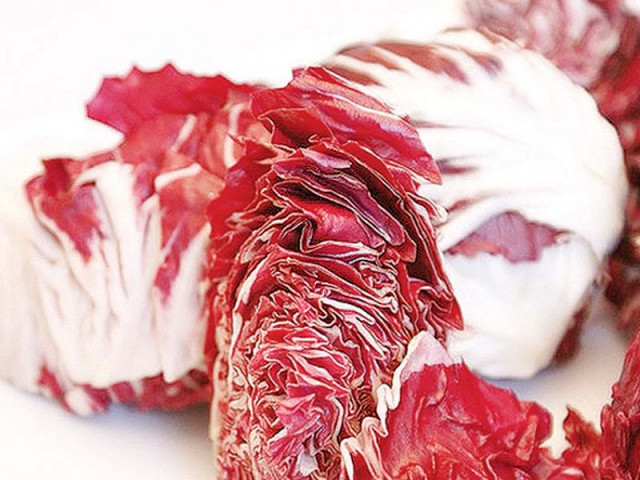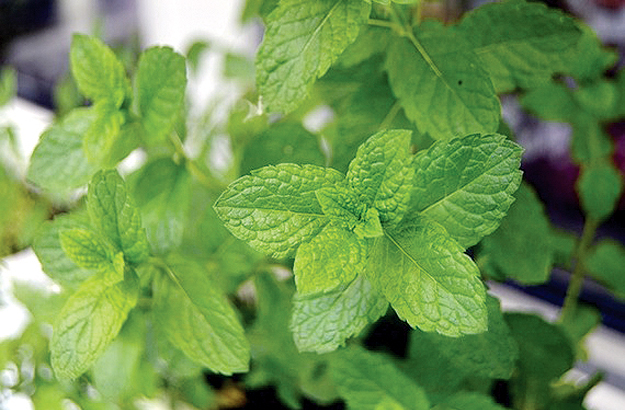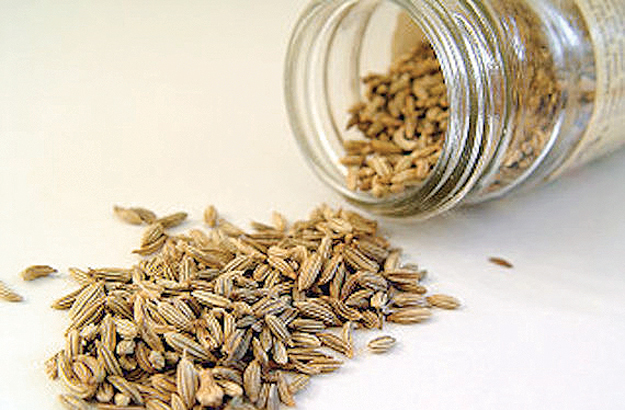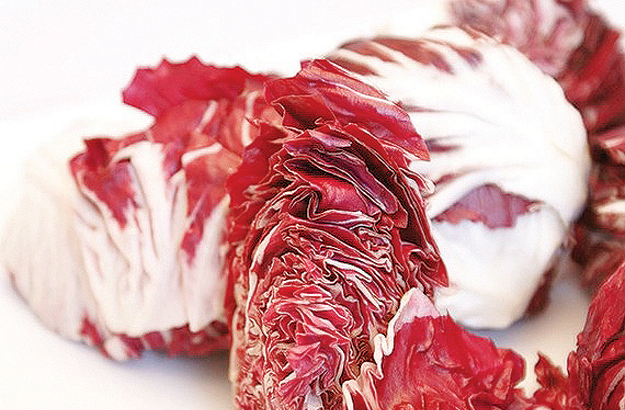Health hacks: 6 foods to eat for a bloat-free life
Foodie within us just refuses to sit out on meal and with wedding season right round the corner, it’s getting...

Wedding buffets in Pakistan just seem to get bigger and bigger every year. No wonder it’s so easy to get sick these days. But since it would be near blasphemous to stop ourselves from munching in spite of that, why not try out what clinical herbalist Guido Masé prescribes? As the author of The Wild Medicine Solution: Healing with Aromatic, Bitter and Tonic Plants, Masé explains stomach distress can be caused by the absence of certain foods in our diet and so, fixed by adding them. Compiled from The Huffington Post, here are some everyday foods Masé suggests to help ease your tummy troubles.

1- Peppermint
“It’s no coincidence that this after-dinner mint is so popular but you should also try the natural tea version instead. It works both hot and iced,” Masé said. Peppermint can help relieve spasms and cramping in the belly. “It also dispels feelings of bloating and fullness when we’ve overindulged,” he explained. Research has also been done on its ability to help manage Irritable Bowel Syndrome (IBS) so how about a cuppa?
2- Ginger
This root is known as one of the best natural remedies for nausea. “Clinical research finds it beats a lot of drugs when it comes to nausea and works wonders for morning sickness,” Masé stated. You can add it to a stir-fry, make tea with freshly grated ginger and hot water or pop a piece or two of crystallised ginger (great for travelling) to help ease digestion. Ginger is also a good anti-inflammatory and helps relax the digestive tract, he added.

3- Fennel seeds and bulb
You will often find a small tray of fennel seeds on the way out of Indian restaurants. Ever wonder why? “A small pinch of these seeds quickly relieves gas and bloating,” said Masé. If you suffer from chronic bloating, consider using the bulb. According to Masé, its oils help relieve flatulence better than almost any other food. Grate or slice it and eat it raw or roasted – any way you like!
4- Apple cider vinegar
The powers of apple cider vinegar are numerous and one of the biggest is how it helps curb digestion issues like acid reflux. “It works because the valve at the bottom of the throat closes tightly when stimulated by vinegar and helps keep stomach acid where it belongs,” Masé revealed. Plus, it’s a fermented food that’s full of healthy bacteria essential for keeping your gut balanced and healthy – another important facet of flawless digestion.

5- Radicchio
Sure, this lettuce-like veggie brightens up any salad but as a type of chicory, its bitter flavour has some functional purposes, as well. “The bitterness primes digestive function, enhances the production of digestive enzymes and helps our digestion naturally break down what comes after the salad,” Masé said. He suggests tossing it with olive oil, apple cider vinegar and some salt, and enjoying it before your main course to prepare your stomach.
6- Artichokes
“The artichoke plant itself is a classic bitter digestive used to smooth out irregularity, relieve heartburn and prevent the fermentation that leads to gas and bloating,” Masé shared. The leaves are used in liquid bitters but you don’t want to eat those — the heart is an effective alternative that actually tastes good too. Masé suggests eating them drizzled with olive oil and apple cider vinegar.
Published in The Express Tribune, November 27th, 2016.
Like Life & Style on Facebook, follow @ETLifeandStyle on Twitter for the latest in fashion, gossip and entertainment.



















COMMENTS
Comments are moderated and generally will be posted if they are on-topic and not abusive.
For more information, please see our Comments FAQ